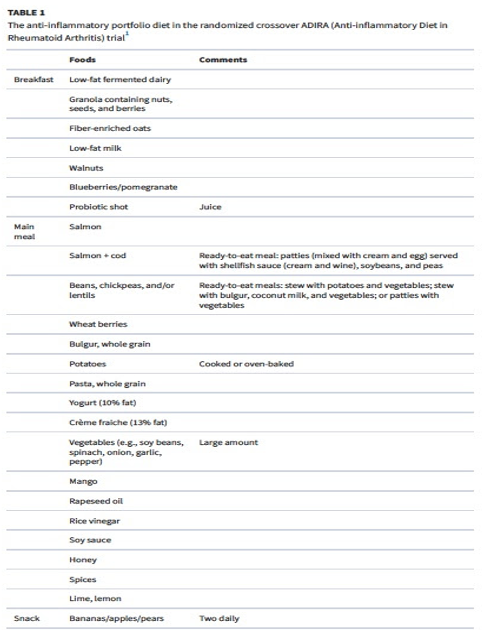Menopause Menu: Arthritis-Friendly Foods
Jul 02, 2021
My “MENOPAUSE MENU” series is dedicated to exploring foods that can be easily assimilated into your diet and can positively affect menopause-related symptoms. For example, today’s Menopause Menu is all about foods that might help with arthritis-related pain.
There is no such thing as a purely anti-arthritis diet but, fortunately, there are foods that have been shown to reduce inflammation, which is a big contributor to the pain associated with arthritis. In addition, recent research has indicated that diets can change the microbiome, which plays a big role in inflammatory and autoimmune diseases.
Foods to include
Many of the foods that are recommended to improve arthritis symptoms are the same as other anti-inflammatory diets. A few examples of diets that have been shown to lower inflammation are the Mediterranean, the Paleolithic, and the vegetarian diet. Anti-inflammatory diets typically include foods rich in omega-3 fatty acids, fiber, antioxidants, probiotics, and spices. Examples of such foods include fruits, fish, nuts, vegetables, beans, ginger, turmeric, and garlic. There is also more research indicating that the polyphenols in fruits have shown promising results in reducing pain and inflammation. Examples of fruits high in polyphenols are blueberries, raspberries, strawberries, and pomegranates. What’s even better is that there is strong evidence that eating berries, specifically blueberries, and blackberries, have beneficial effects on cognition, memory loss, and overall brain function. To read more about the benefit of berries on brain health, read my blog on this.
The results of a study published in the American Journal of Clinical Nutrition showed that ADIRA (Anti-inflammatory Diet in Rheumatoid Arthritis) had positive effects on disease activity by lowering the grade of inflammation or alleviating symptoms like joint pain. I’m sharing the foods they included in their study below.

Source: Vadell et al., 2020
Foods to avoid
Just like there are foods that are great to combat inflammation, certain foods can increase it. In studies, foods such as highly refined flours, gluten, trans- and saturated fatty acids, dairy products, and red meat have been shown to increase inflammation.
There are many options to include tasty and anti-inflammatory foods in your daily life. In my article on the rainbow diet, I share more tips and a tasty veggie recipe.



